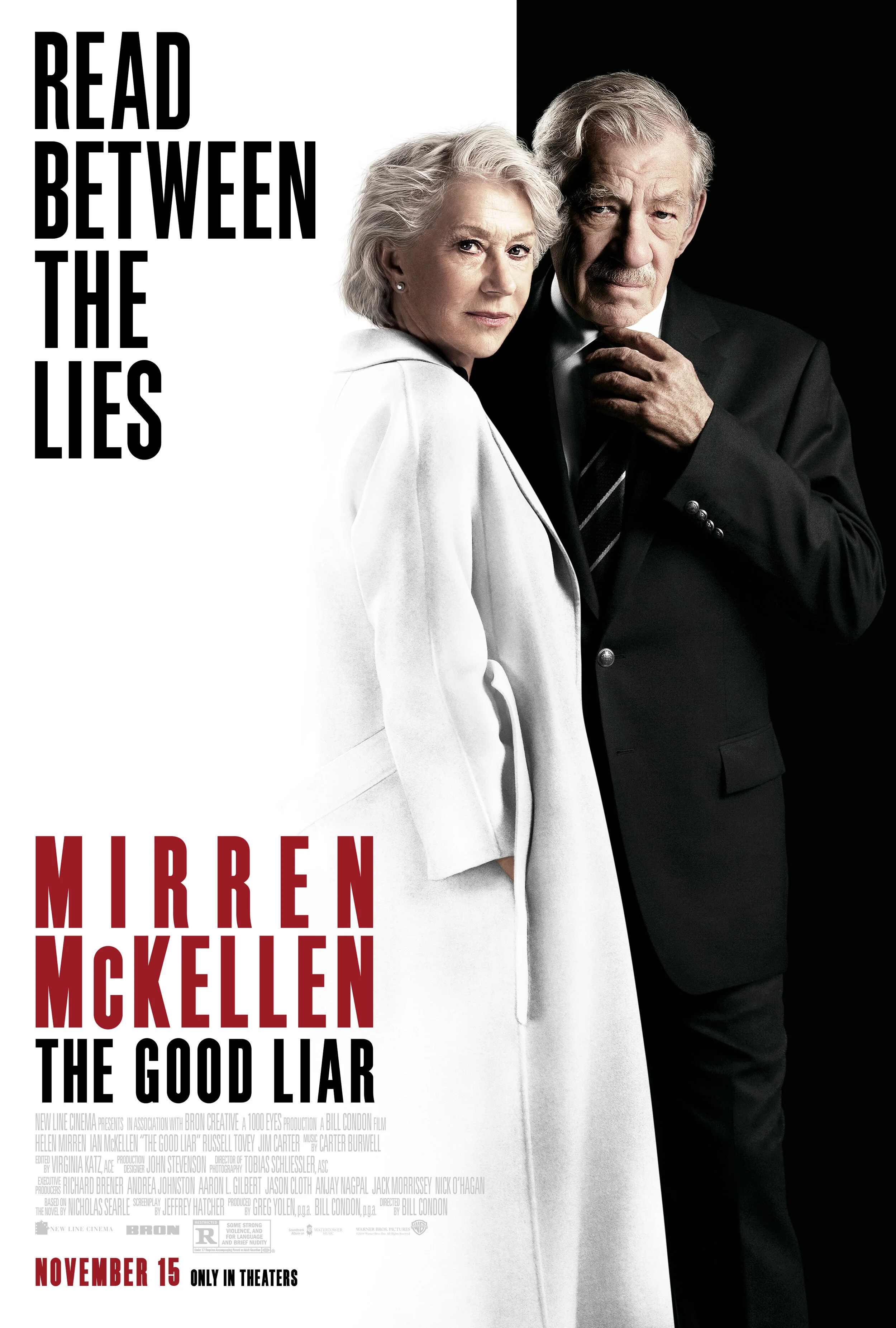Ford v Ferrari
- Even with kick-ass racing sequences, Ford v Ferrari manages to be a movie about more than just racing, and the complicated friendship between its two main characters is the heart of the story.
Full Disclosure: I’m not necessarily a car guy, but I do have a soft spot for stories about cars, because they remind me of my dad, who is definitely a car guy, and knows just about everything there is to know about cars from the same era in which this movie is set.
Review
Car movies have been around just about as long as there have been movies and cars – some good, some bad, some so ridiculous that they exist in an alternate entertaining realm between good and bad (most of the Fast and Furious franchise). Movies about racing cars are kind of all the same, following sports movie tropes down to the final dramatic showdown. Ron Howard’s Rush, from 2013, was successful because it veered enough away from that to focus on an unlikely friendship. Ford v Ferrari is also a car racing movie centred on a friendship. The title is Ford v Ferrari but, aside from the fact that no one knows who they are, the movie should really be called “Shelby and Miles”.
Ok, quick summary of the main plot: When Ford is embarrassed in its failed overture to buy Ferrari (and Henry Ford II personally insulted by Enzo Ferrari) the company reaches out to former race car driver Carroll Shelby, now retired and building cars, in order to develop a car to challenge Ferrari’s dominance of the 24 Hours of Le Mans race. Over the objections of Ford executives, who don’t see him as a “Ford man”, Shelby enlists the help of Ken Miles, an abrasive driver and mechanic, to help build and drive their Le Mans challenger.
It’s basically an underdog story. Shelby retired from driving before he would have liked for medical reasons, and carries a chip on his shoulder. Miles, although a great driver, is broke and feels unappreciated by everyone. And Ford lives in the shadow of the great Enzo Ferrari, and his grandfather, the original Henry Ford.
Damon and Bale’s chemistry is great, even when they’re fighting or throwing wrenches.
The heart of the story, though, is the complicated friendship between Shelby and Miles. Miles doesn’t trust anyone, and Shelby is constantly under pressure from the brass at Ford, causing problems with his team. They fight, frequently, including a brawl in the street in front of Ken’s house. In the end, they’re driven by the same passion inside, and recognize that in each other. None of this would have worked without great chemistry between Matt Damon (Shelby) and Christian Bale (Miles). They portrayed the nuances of this relationship brilliantly.
Speaking of Bale, I’m not sure if he’s often mentioned as one of the world’s greatest living actors, but he probably should be. I’m not sure this was an Oscar-worthy performance, but he was fantastic in this role. In fact, I’m having a hard time remembering the last time I saw him in something where he wasn’t at least very good. Maybe he’s still got the stigma of being a bit of an asshole, but he is a great actor.
Of course, this is also a movie about cars, and the racing sequences were often genuinely thrilling. The director, James Mangold, frequently made the audience feel as though we were along for the ride, even without the aid of 3D or some other bullshit gimmick. We really get a sense of how tough it is to be a top-level race car driver. And Mangold did it without a lot of the close-up, jerky camera movement that is used too much in action movies these days and makes it impossible to figure out what’s going on.
My main complaint about the film is that the antagonists, namely Enzo Ferrari and Ford executive Leo Beebe were a bit too villainous. Maybe Ferrari really was that arrogant (that one is easy to believe), or Beebe that much of a corporate asshole, but their portrayal veered on cartoonish. The movie wouldn’t have been hurt by more nuanced villains.
Spoilers Ahead
The competition! Ferrari’s Le Mans car. I just wish Enzo hadn’t been portrayed so cartoonishly.
This being based on a true story, and following sports movie tropes, there was little in the way of true surprises that writing about would be considered a big spoiler. I will say that even though I assumed that Ford was going to win, the racing scenes were still filled with tension. That’s one sign of a good filmmaker – you mostly know what’s coming, but are still on the edge of your seat.
The one unexpected moment comes right near the end, as the team seek to make improvements in order to defend the Le Mans title the next year, when Miles crashes on a test run and dies. This death seems too abrupt (as I guess racing deaths often are), and I would have liked for it to be stretched out a bit so the impact could have really landed. What his death does for the film is allow Shelby a few moments at the end to reflect on their friendship, really solidifying that that’s what the movie is about.
Amazing action sequences. The audience feels like its there, but still can see what the hell is going on.
5 Quick Hits
This is a tough movie for female roles, and certainly doesn’t pass the Bechdel test. A historical movie in this context about the actions of a few men is always going to have trouble finding significant parts for women. Although I will say that the primary female role, Miles’ wife Mollie (played by Caitriona Balfe) at least avoided the traditional “wet blanket” sports movie wife trope of a woman who constantly tells her husband to stop doing what he loves. Mollie is supportive and has her own personality. The one argument they have is a reasonable one about him not being honest with her about what he really wants.
We might be reaching peak Mangold, as I thought his previous film, Logan, was fantastic too. According to IMDb, his next two upcoming movies are a romantic drama, and a movie about a giant imaginary cat. The second one, in particular, seems like a bit of a stretch. But he’s close to earning, “yeah, I’ll probably have to see that” status with me.
Random historical criticism: Joe Bernthal plays Lee Iacocca. Joe Bernthal doesn’t look a thing like Lee Iacocca.
There’s a great scene where Shelby is making a speech and talking about racing being something that he feels in his bones he needs to do, and that there’s one other person he knows like that. Miles assumes he’s talking about him (as he should be), but Shelby is giving the speech in a promo event, and he’s talking about Ford. A quietly devastating moment, and an example of a great, subtle scene that elevates a movie.
It’s kind of funny that this movie comes out right after “Ok, Boomer” has become a thing because in this movie (set in 1966) the boomers are seen as the young, cool crowd that Ford is trying to win over.







